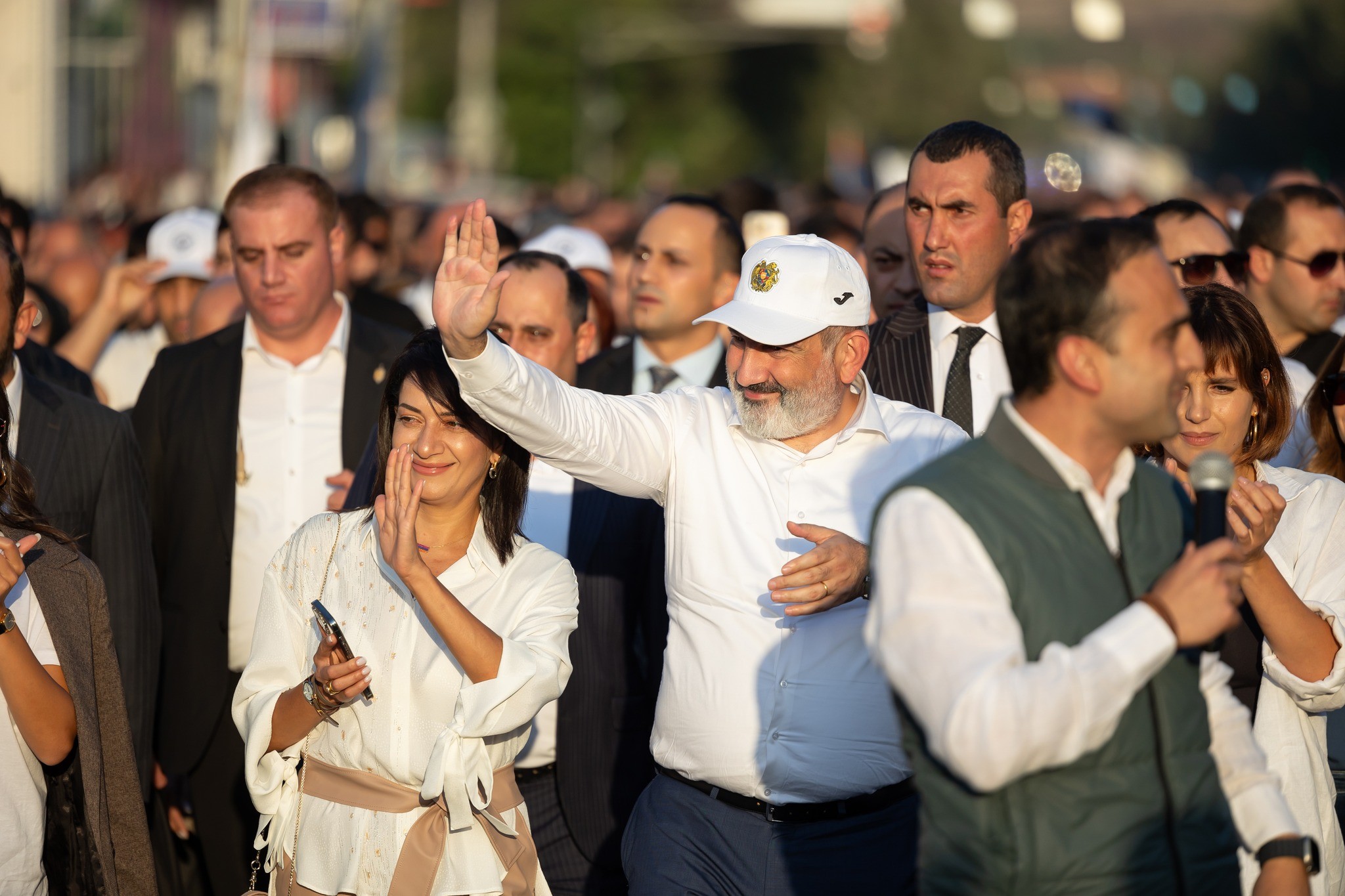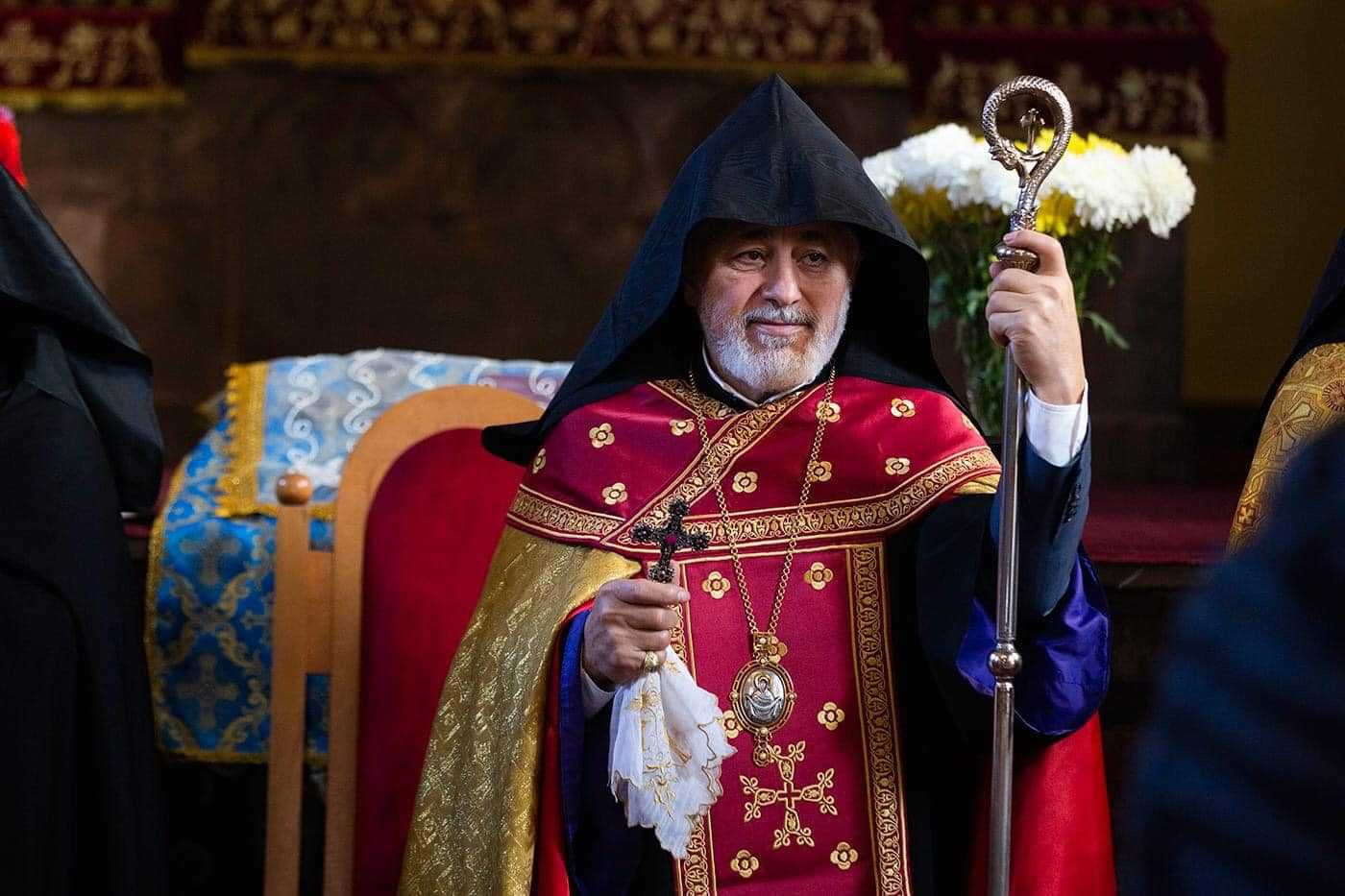
Two investigations by journalists in Armenia have suggested that the ruling Civil Contract party may have lied about the sources of their funding in order to get around rules aimed at removing big money from politics that they themselves introduced.
In January, Infocom published an investigation about Civil Contract’s funding of its Yerevan municipal elections campaign last year, while CivilNet and OCCRP published a separate investigation on Thursday covering the donations received by the ruling party in 2022.
Both Infocom and CivilNet reported ‘unusual patterns’ in the ruling party’s list of donors, having contacted several individuals from donor lists published by Civil Contract who claimed they had never donated money to the party.
Some suggested the party may have listed donations under the names of supporters in order to get around limits on political donations.
In their investigation, CivilNet and OCCRP noted that the donations they had examined were made a year after Civil Contract passed a series of anti-corruption reforms which prohibited businesses from supporting political parties, banned cash donations, and limited the amount individuals could donate.
In an interview with CivilNet, Vardine Grigoryan, democracy coordinator at the Helsinki Citizens Assembly, suggested the donations could have been from a handful of large donations which were ‘broken into legally allowed amounts in the names of candidates or other individuals who may be absolutely unaware of the transaction’.
She also suggested the money could have been collected in cash from unreported sources.
‘I work in a school, I barely survive’
Infocom’s January investigation revealed that 87% of the ֏509 million ($1.3 million) Civil Contract received in donations during the Yerevan municipal elections campaign came from transfers ranging between ֏1 million–֏2.5 million ($2,500–$6,200) — the maximum amount of money a single individual can donate.
They found that the addresses of several donors were close to one another. Upon contacting them, some of the listed donors claimed that they hadn’t donated any money to Civil Contract.
One of those listed as having donated ֏2.5 million told Infocom that she would barely be able to raise such a sum on her salary in two and a half years.
Infocom additionally found that large sums of money were donated by ruling party officials, candidates, sitting council members, and their associates.
They also found that people associated with large companies had also made significant donations to Civil Contract.
[Read more: Ruling Party falls short of majority in Yerevan elections]
A week after its publication, Prime Minister Nikol Pashinyan stated that the investigation had prompted discussions within the ruling party, and that Civil Contract intended to ‘clarify or understand’ Infocom’s findings.
‘If we did not ensure transparency, how do you know so much? How do investigative journalists know?’ said Pashinyan in Parliament adding that the data the investigation is based on had been taken from publicly available information.
However, Infocom’s investigation was based on a donor list sent to the Center for Freedom of Information after they successfully sued Civil Contract for refusing to share the information with the media.
On Tuesday, RFE/RL reported that the General Prosecutor’s Office had found no irregularities in the donor list investigated by Infocom.
CivilNet and OCCRP found similar irregularities in their investigation, reporting that some of those they had contacted from the party’s 2022 donor list claimed they hadn’t donated that year.
One of the people they contacted, Vache Khachatryan, a local council member and schoolteacher from a village in the Vayots Dzor Province, was listed as having donated ֏1 million ($2,500) to Civil Contract — which he denied donating.
‘I work in a school, I barely survive’, Khachatryan told CivilNet.
They additionally found instances of Civil Contract candidates in local elections having supposedly made donations of the same amount on the same day across the country.
Civil Contract has yet to comment on Thursday’s investigative report.









